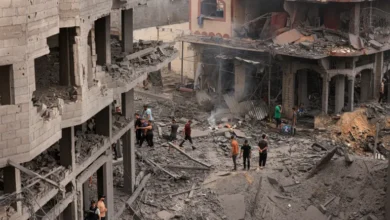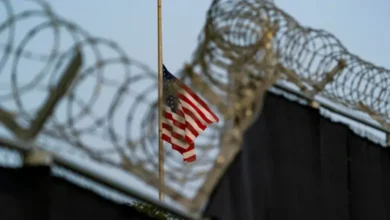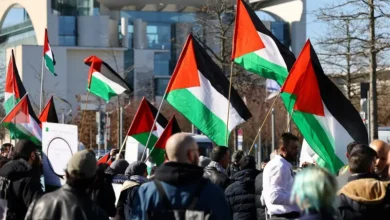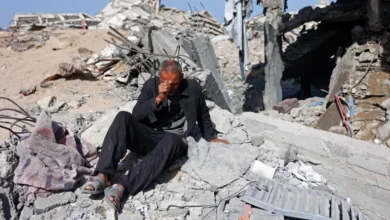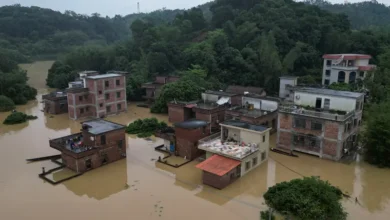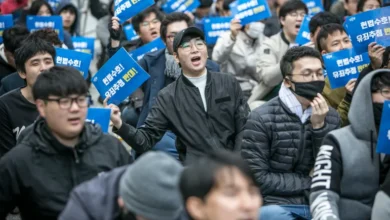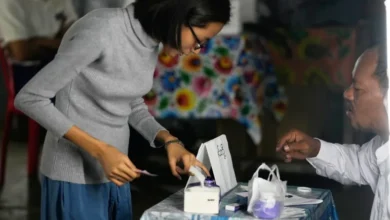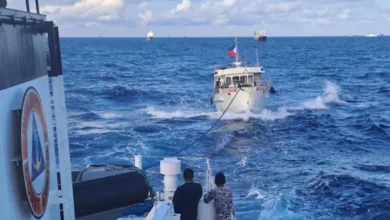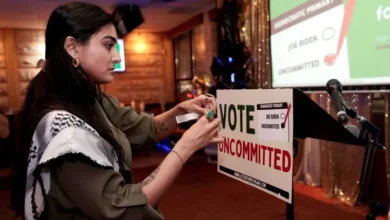UN human rights office resumes activities in Venezuela despite Maduro clash
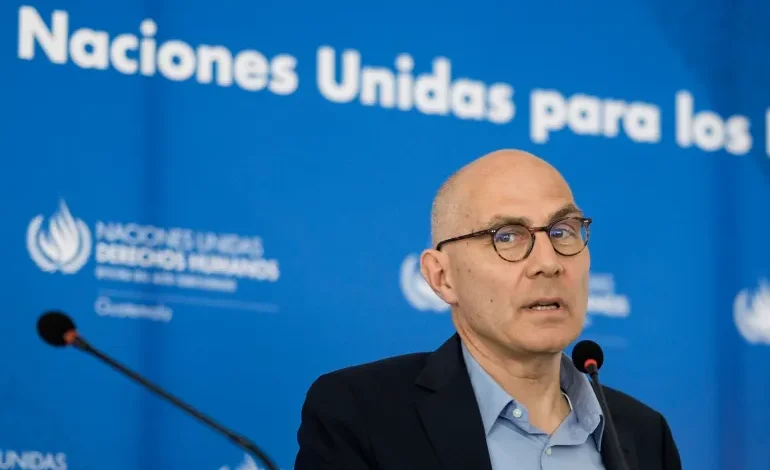
The United Nations High Commissioner for Human Rights has announced that his office is starting to resume its activities in Venezuela, despite past clashes with the government of President Nicolas Maduro.
High Commissioner Volker Turk made the announcement on Friday at a meeting with the UN Human Rights Council, where he reiterated his concerns about conditions in Venezuela, particularly after its most recent presidential race.
“My office has begun to resume its operations in the country in recent weeks. My hope is that we will be able to restore our full presence,” Turk said in his opening remarks, pitching his organisation as a “bridge-builder”.
The UN human rights office had previously established a presence in the country in 2019.
But that changed in February, when Maduro’s administration accused the office of plotting with opposition members to undermine the government — an allegation made without proof.
Its local office was ordered to close immediately, and its members were told to leave the country within 72 hours.In a statement at the time, Venezuelan Foreign Affairs Minister Yvan Gil Pinto accused the UN human rights office of becoming a “colonialist” and “improper” presence in the country, stirring up unrest.
“Far from showing it as an impartial entity”, Gil Pinto said the office’s actions have “led it to become the private law firm of coup plotters and terrorist groups that permanently conspire against the country”.
The Maduro government, however, has long faced condemnation for its human rights record, which includes allegations of arbitrary arrests, torture and extrajudicial killings.
Shortly before the human rights office in Venezuela was ordered to be closed, UN officials had expressed concern about the sudden detention of human rights lawyer Rocio San Miguel.
In a social media post about her arrest, the human rights office wrote that “due process guarantees, including right to defence, must be respected”.
The shuttering of the local office also coincided with intensifying scrutiny over the fairness of Venezuela’s latest presidential election. Maduro, at the time, was seeking a third term in office, but public opinion polls in the months leading up to the race heavily favoured the opposition.
The government disqualified several popular opposition candidates from running, including opposition leader Maria Corina Machado and her subsequent replacement, Professor Corina Yoris. Ultimately, Edmundo Gonzalez, a former diplomat, was picked to lead the opposition ticket.
The election was held on July 28. But in the early hours of July 29, shortly after polling stations closed, Venezuela’s electoral authority announced that Maduro had won — though it did not release the paper voting tallies that traditionally accompany the results.

